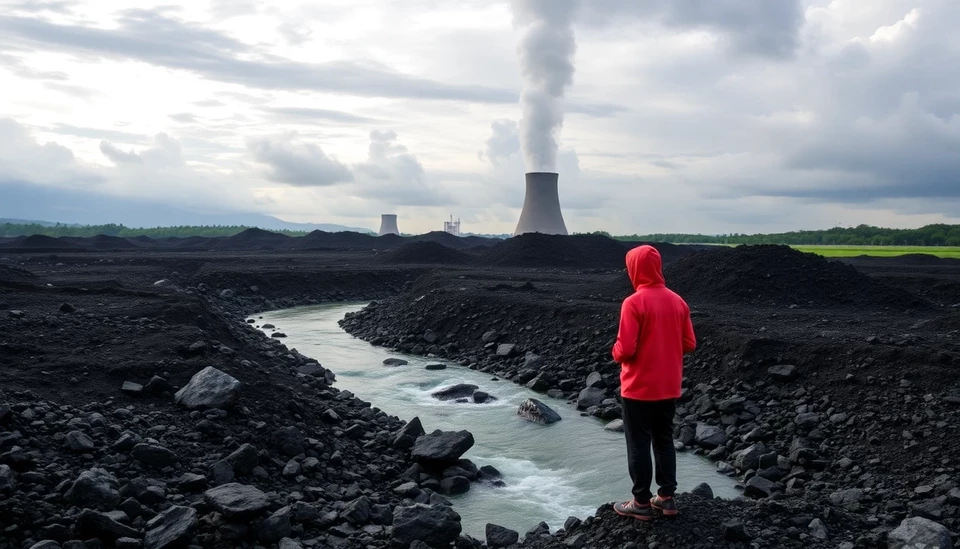
Indonesia, one of the world's largest coal-consuming countries, faces a daunting challenge in meeting its climate targets. According to recent insights, the Southeast Asian nation must shut down its coal power plants annually if it hopes to align with global climate goals and adhere to its own commitments under the Paris Agreement. This significant shift underscores the urgent need for a transformation in the country’s energy landscape.
As Indonesia continues to grapple with its reliance on coal—fueling approximately 60% of its energy mix—the pressure to transition to renewable energy sources is mounting. The current trajectory is not sustainable, pushing the nation towards a reckoning with both environmental consequences and international climate obligations.
Experts indicate that a steady and planned dismantling of coal facilities is essential. The country must implement a credible roadmap that includes the decommissioning of existing coal plants to reduce carbon emissions significantly. This transition is not just a matter of policy but an urgent requirement to combat the looming threat of climate change, which is affecting global weather patterns and ecosystems.
Moreover, Indonesia's government is acknowledging the need for reform, but the reliance on coal is deeply entrenched in its economy. The fossil fuel sector has historically offered jobs and economic stability, which has led to resistance against phasing out coal. However, the long-term impact of climate change poses even greater risks, challenging the very foundations of Indonesia’s development trajectory.
In light of these challenges, stakeholders, including environmental groups and energy experts, are urging the Indonesian government to foster an environment conducive to investments in renewable energy. By pivoting towards solar, wind, and other sustainable sources, the nation could not only mitigate emissions but also create new job opportunities in emerging industries.
As climate negotiations continue on the global stage, Indonesia's resolve to embrace a greener future will be closely watched. The potential to lead by example and inspire other coal-dependent nations to accelerate their transition towards renewable energy is substantial. This transition represents an opportunity for Indonesia to redefine its energy policies and ensure a sustainable environment for future generations.
With the world paying attention, Indonesia stands at a crucial crossroads. The actions taken in the immediate future will influence not only national climate goals but also the global framework for energy reforms and climate stewardship.
Only through decisive and immediate actions, including the annual shutdown of coal power plants, can Indonesia hope to make significant strides in its climate pledge, solidifying its commitment amongst the international community and setting a precedent for other nations grappling with similar challenges.
#Indonesia #ClimateChange #EnergyTransition #RenewableEnergy #CoalShutdown #Sustainability
Author: Victoria Adams




